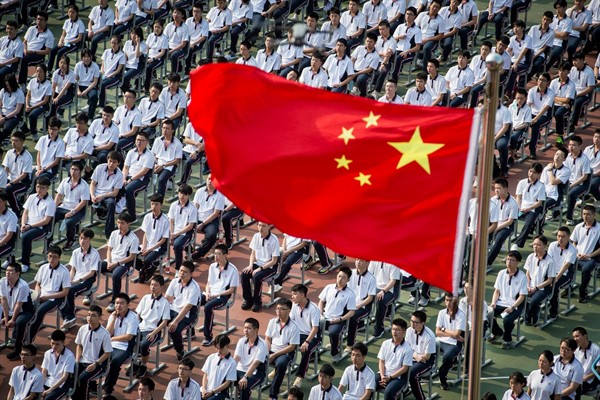Earlier this year, as the coronavirus seemed to abruptly explode out of China and engulf the globe, Chinese authorities launched a propaganda campaign to try to turn the pandemic into a political win for Beijing. Months later, as governments around the world still struggle to contain COVID-19, with new waves and spikes from India to Europe to the United States, the time has come to take a tally of China’s efforts. The results are stark, showing some gains for the Chinese regime but also some major failures in the one area where Beijing had hoped to leverage the pandemic to its global advantage.
Back in March, I highlighted the propaganda campaign as it was being spearheaded by Chinese leader Xi Jinping. It was a two-pronged effort, aimed at both domestic audiences and the rest of the world. I wrote then that, with the pandemic under control at home and suddenly overwhelming China’s Western rivals, “the stage is set for China to project a triumphant air and get to work on crafting its public relations message for both domestic and international consumption.”
The twin messages were simple, with a core argument that China’s system is superior. For its Chinese audience, including those yearning for democratic freedoms, Beijing pointed to the failings in the West, declaring democracy inferior in dealing with a crisis like the coronavirus, while specifically seeking to strengthen Xi, the man at the top of the pyramid. In a PR campaign meant to make him appear almost comically heroic, Xi appeared across Chinese media wearing a mask and a white coat, looking strong, committed, caring. State-controlled media gushed that Xi has a “pure heart like a newborn’s that always puts the people as his number one priority.” That was the same Xi who was directing the effort to crush Hong Kong’s promised autonomy, and who was ordering the roundup of Uighur Muslims in so-called reeducation camps in Xinjiang.

